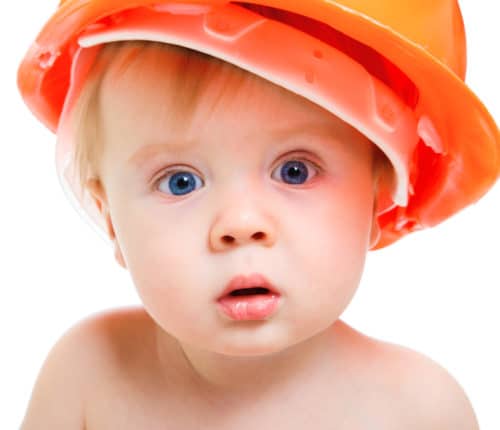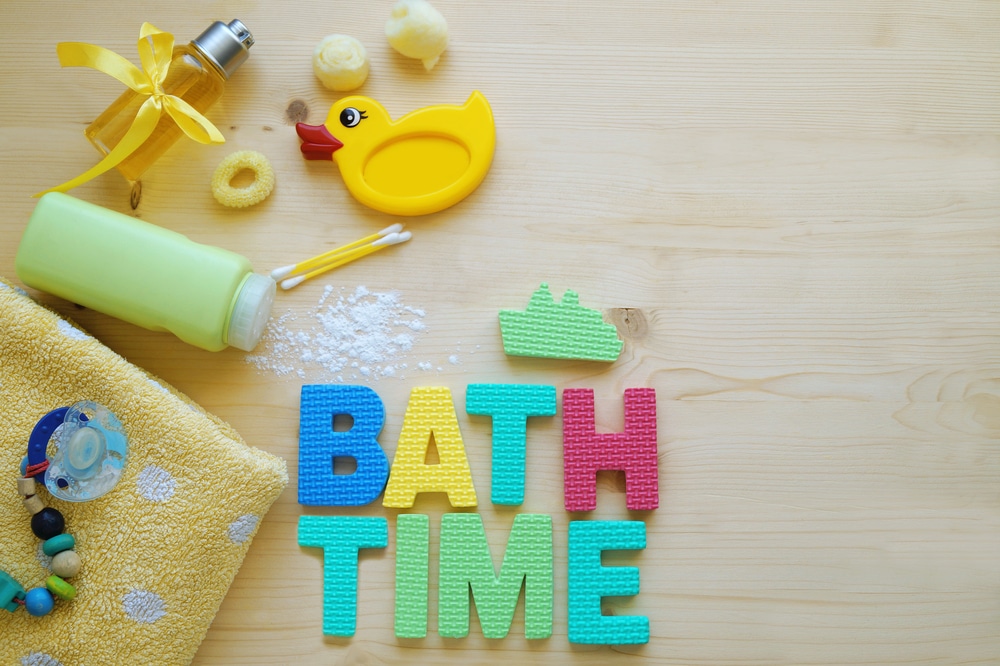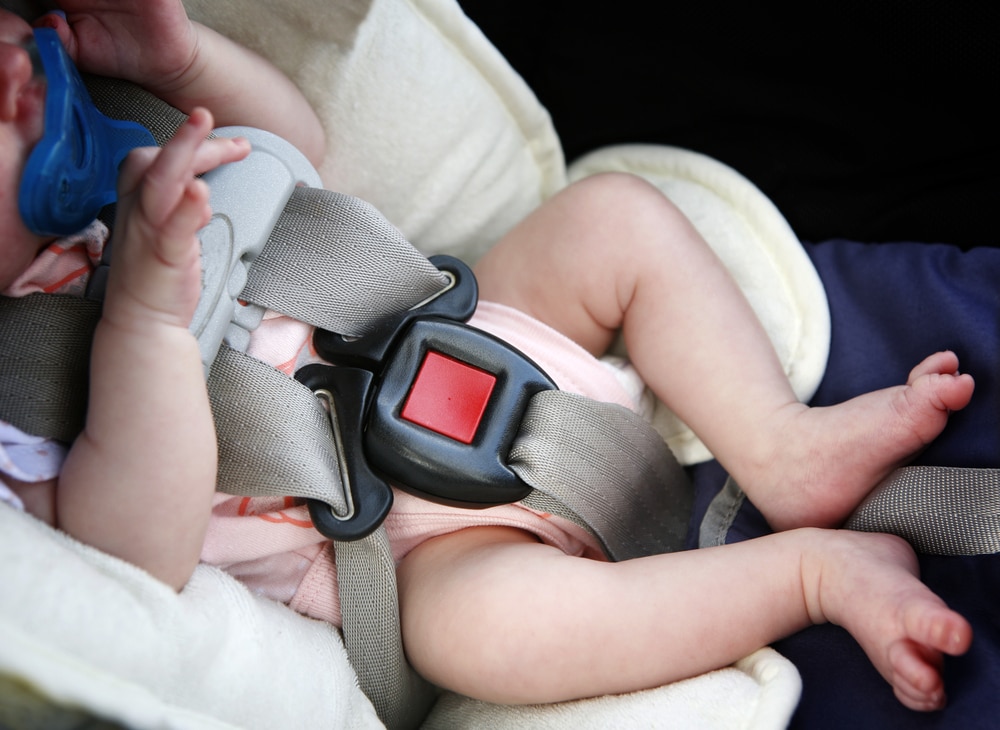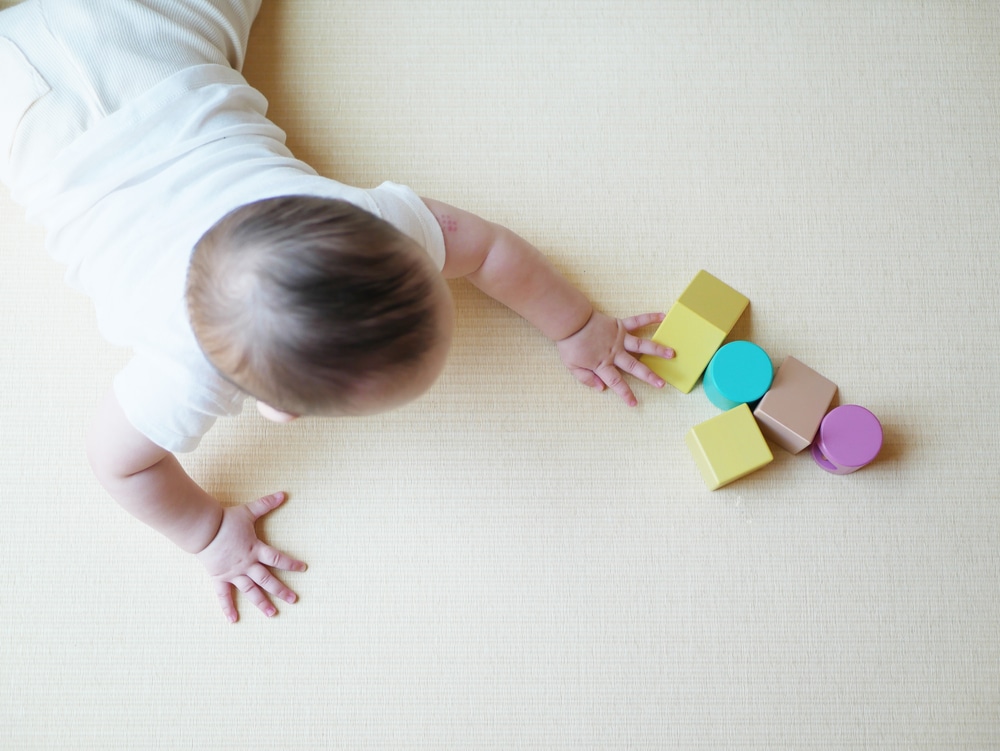
Safety Tips for Baby Safety Month
September is Baby Safety Month. Sponsored by the Juvenile Products Manufacturers Association (JPMA), the goal of Baby Safety Month is to raise awareness on the safe use of consumer baby products.
Parents and caregivers have a huge responsibility to the children in their care. When buying or using products for baby, it is important to understand any possible dangers and make sure you follow instructions.
Baby Safety Month is a great time for parents and caregivers to gather more information about safety and help spread awareness for others. Birth Injury Guide is here to help! Take a look at some of the best baby safety tips for families.
Baby Safety Basics

When preparing for a new arrival, or buying products for your new baby, there are some important safety tips to keep in mind:
- Only use age-appropriate products for your baby as detailed by the manufacturer.
- Make sure any products you are considering meet safety standards and are not recalled.
- Second-hand products are sometimes okay, but sometimes the product may be defective, recalled, or expired. Be careful!
- Always read and follow instructions when using baby products, clothing, or toys.
- Register products that have an option, as this is important if a problem arises.
- Baby-proof your home before baby arrives so you have one less thing to worry about once they come home.
- After baby-proofing comes child-proofing. As your child ages, they will explore more and will learn by sight, touch, and taste. Make sure your home is safe for all of the above!
- As your child ages, stop using products that are no longer safe or appropriate. Try to use toys and tools that are age and developmentally appropriate for the best outcome.
Bathroom Safety

Many parents find bath time with a newborn to be a bit stressful. There’s so many arms and legs and flailing and splashing. Take the anxiety out of bath time and bring in the fun by following these tips:
- Gather all bath tools and toys before starting the bath.
- Never leave your baby unattended in the bath, or near the bath tub.
- Never allow other children to monitor or bathe your baby without your supervision.
- Check the water temperature before putting baby in the water.
- Make sure your baby cannot reach out and touch or grab the faucets.
- Toddlers are curious, so once your baby starts to walk, make sure that there are safety features installed on the toilet and faucets.
- Keep all bathroom cleaning supplies out of the reach of children.
- Only use bath time products that are designed for babies. Never attempt to modify or make your own bath tub or chair, or use toys that are not bath-safe. They can attract mold and mildew, which your child could ingest.
Bath time safety tips are important for any family. If your child has a disorder like cerebral palsy or developmental delays, these safety tips are even more important to ensure your child is safe and healthy.
Car and Car Seat Safety

All 50 states require parents to use car seats for babies and children. Car seats are manufactured under strict guidelines and have specific instructions and expirations. When selecting or using a car seat, consider the following tips:
- Always follow car seat installation and use guidelines.
- Register your car seat with the manufacturer. This provides important information if the seat is recalled or if you need customer support.
- Babies and young children should ride rear-facing as long as possible, or as allowed by instructions and state guidelines.
- Children who no longer ride rear-facing should ride forward-facing with a harness until they reach maximum height, weight, and/or age.
- Once your child exceeds state guidelines for weight, height, or age, they should ride in the back seat, and should utilize a booster seat until seat belts fit appropriately.
- Be wary of using a second-hand car seat. If you do use one, check for the following:
- Expiration date (yes, car seats expire!)
- Is there any noticeable damage or wear?
- Is it missing the manufacturers label?
- Always make sure your child is properly buckled up before driving.
- Never leave a child of any age unattended in a car.
- Keep keys and key fobs out of reach of children. When not in use, keep your vehicle locked.
- Create a reminder, if necessary, to always check the backseat before exiting your vehicle.
- If you see a child unattended in a vehicle, call 911 right away!
Play Time Safety

Whether playing on their own, with you, or with siblings or others, it is important to keep your baby safe during play time. When purchasing or using a play time product, remember these tips for keeping your baby safe:
- Never leave your baby unattended, or alone with other young children.
- Never allow your baby to play on beds, sofas, or near stairs or railings.
- Make sure that restraining straps or cords are secured where baby cannot touch them or get tangled up.
- Never leave your baby unattended in a nursing pillow, bouncer, swing, or inclined sleeper.
- Be sure to follow all manufacturer instructions, as well as recommendations for age, weight, and use.
- Once your baby has surpassed manufacturer recommendations, discontinue use of that product.
Have Questions about Baby Product Safety?
Sometimes, despite following the guidelines and doing everything right, your baby can still be injured due to a dangerous or defective product. When that happens, it’s only natural that you have questions and concerns. At Birth Injury Guide, we can help you find answers.
If you have questions, or your baby has been harmed by a baby product, contact us to learn more. Our birth injury lawyer can advise you of your legal rights and what to do next. Call us at 877-415-6603 for a free consultation, or get started online.
Sources:

